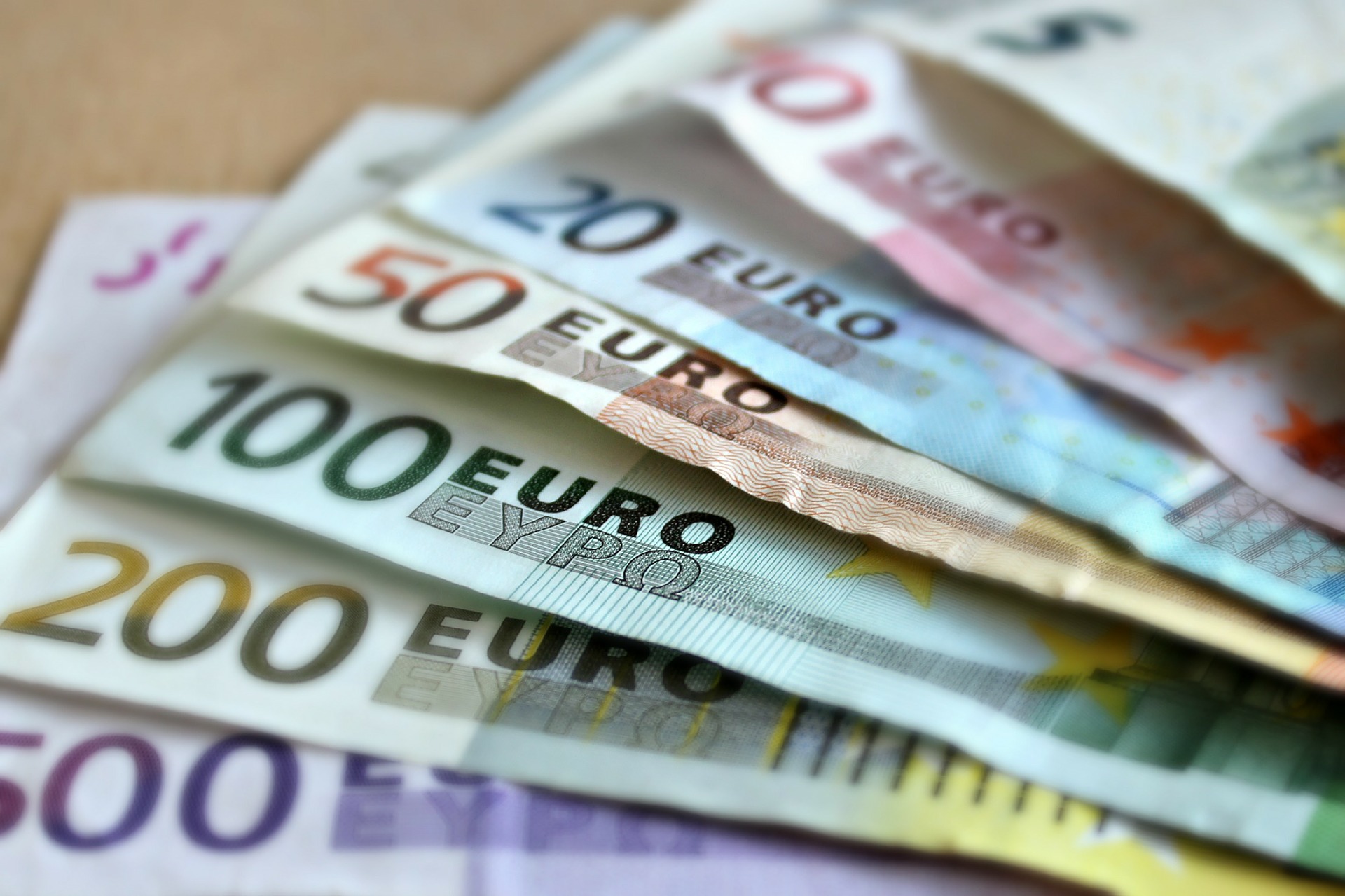
Looking back at the radical change in Hungary's monetary policy over the past decades, the weakening seems rather unsurprising.Continue reading

69 percent of Hungarians want the common European currency of the euro- this is the second highest approval after Romania (75 percent), reports Euronews. This is according to the Eurobarometer survey among the countries that do not yet use the euro as their currency, namely Bulgaria, the Czech Republic, Croatia, Hungary, Poland, Romania, and Sweden. (Croatia is eager to introduce the euro starting next January).
This article was originally published on our sister-site, Ungarn Heute.
Czechs (33%) and Swedes (43%) are least in favor of adopting the euro. While the forint has depreciated sharply against the euro, the Czech koruna has appreciated by 20% and the Polish złoty by 10% against the euro in 15 years.
At the same time, among the seven EU countries that have not yet adopted the euro, Hungarians are the least likely to have ever used euro banknotes and coins: 81% of respondents in Hungary as opposed to 89% in Sweden and Croatia (the latter, of course, mainly because of tourism), have used the European currency.
The European Commission and the European Central Bank will verify compliance with these criteria and may initiate infringement proceedings in the event of non-compliance. (Via: oesterriech.gv.at)
In six countries, the majority of respondents fear price increases after the introduction of the euro. One exception is Hungary, where the majority believe that the currency changeover would not necessarily lead to higher prices. In Hungary, the proportion of respondents who believe that the introduction of the euro would restrict national economic policy is lowest at 24%, while in Sweden it is 67%.
At present, Hungary also lacks the political will to meet the conditions for adopting the euro. According to the Prime Minister, it is not a matter of years, but rather decades, when Hungary will join the eurozone. Meanwhile, opposition parties recently agreed to introduce the euro within five years if they win in April.
Source: Napi.hu
Featured image: illustration via Pixabay